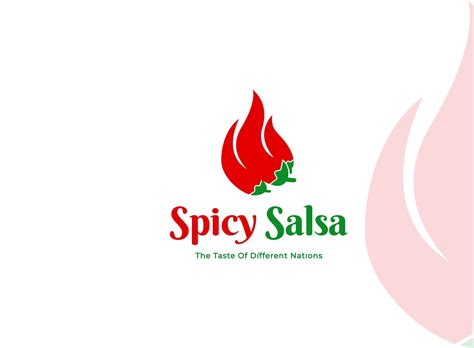Make Your Salsa Business a Reality: Budget Wisely
Starting a food business, especially one as vibrant and popular as a salsa company, is an exciting venture. However, success hinges on careful planning and, most importantly, a well-managed budget. Ignoring financial realities can quickly derail even the most delicious dream. This guide will help you navigate the financial landscape of starting your salsa business, ensuring you make smart choices every step of the way.
How Much Does It Cost to Start a Salsa Business?
This is the million-dollar question (or perhaps, the thousand-dollar question!). The initial investment varies drastically depending on several factors: your production scale, whether you'll operate from home or rent a commercial kitchen, your marketing strategy, and the level of equipment you need. Expect to allocate funds for:
- Licenses and Permits: These are non-negotiable. Depending on your location, you'll need various permits for food handling, business operation, and potentially others specific to your state or county. Research your local requirements thoroughly.
- Kitchen Equipment: This is where costs can escalate. Do you need a basic setup or an advanced commercial kitchen? Consider essential equipment like blenders, food processors, scales, canning equipment (if applicable), and storage containers. Used equipment can help reduce initial costs.
- Ingredients: Sourcing high-quality ingredients is crucial for your salsa's success. Factor in the cost of tomatoes, peppers, onions, spices, and any other components, considering seasonal price fluctuations.
- Packaging and Labeling: Attractive packaging is essential for branding and shelf appeal. Consider the cost of jars, labels (including design and printing), and any additional packaging materials.
- Marketing and Advertising: Getting your salsa noticed requires a marketing strategy. This might involve website development, social media marketing, local farmers' market fees, or print advertising.
- Insurance: Protecting your business is crucial. Consider liability insurance to cover potential accidents or damages.
- Legal and Accounting Fees: Consult with legal and accounting professionals to ensure compliance and proper financial management.
Remember: Create a detailed budget that breaks down each expense category. Be realistic and allow for unexpected costs. It's always better to overestimate than underestimate your expenses.
Where to Find Funding for Your Salsa Business?
Securing funding is a critical aspect of your business plan. Several options exist:
- Personal Savings: Self-funding is a common starting point, providing control and avoiding early debt.
- Small Business Loans: Banks and credit unions offer loans specifically designed for small businesses. You'll need a solid business plan to qualify.
- Grants: Several organizations offer grants to food businesses, particularly those with a focus on sustainability or local sourcing. Research opportunities relevant to your business.
- Crowdfunding: Platforms like Kickstarter and Indiegogo allow you to raise funds from the public in exchange for rewards or equity.
How to Minimize Costs While Maintaining Quality?
Balancing cost efficiency with product quality is essential. Here are some strategies:
- Source Ingredients Wisely: Explore local farmers' markets or work directly with suppliers to negotiate better prices. Consider seasonal ingredients to reduce costs.
- Start Small and Scale Gradually: Begin with a limited production run to test your recipes and market demand before investing heavily in equipment or inventory.
- Utilize Affordable Marketing: Leverage free or low-cost marketing avenues like social media and local networking.
- Outsource When Necessary: If certain tasks, like label design or website development, are beyond your skillset, consider outsourcing them to freelancers.
- Embrace Efficiency: Streamline your production process to minimize waste and maximize output.
What Are Common Mistakes to Avoid?
Many aspiring entrepreneurs make costly mistakes during the startup phase. Avoid these common pitfalls:
- Underestimating Startup Costs: Failing to accurately estimate initial expenses can lead to financial strain.
- Ignoring Marketing: A great product needs effective marketing to reach its target audience.
- Neglecting Legal and Regulatory Requirements: Non-compliance with permits and regulations can lead to hefty fines and legal issues.
- Failing to Track Expenses: Proper bookkeeping is vital for understanding your financial health.
Can I Run My Salsa Business From Home?
Operating from a home kitchen is often the most budget-friendly option, but it has limitations. Check your local regulations; many areas restrict food production from home kitchens due to health and safety concerns. If allowed, you'll likely need a permit for cottage food production, which may have restrictions on the types of products you can sell and where you can sell them.
What About Equipment Financing?
Consider leasing or financing equipment rather than purchasing outright, especially for expensive items. This can ease the initial financial burden and allow you to upgrade equipment as your business grows.
By carefully planning your budget, understanding your funding options, and implementing cost-saving strategies, you can bring your salsa business dream to life without breaking the bank. Remember, meticulous planning and smart financial decisions are the cornerstones of a successful and sustainable food business.

